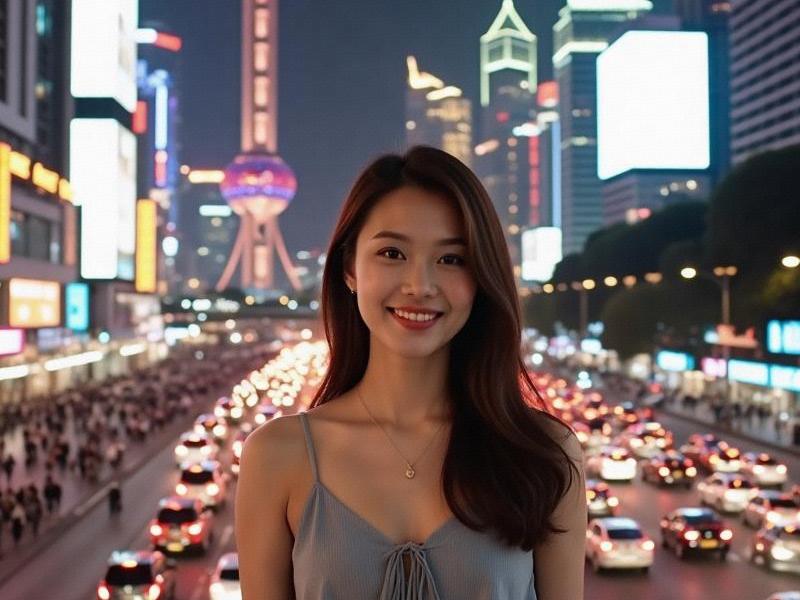An investigative report on Shanghai's high-end entertainment club industry, revealing how these establishments serve as the hidden engines of business networking and social stratification in China's financial capital.

The Shanghai night awakens with a different rhythm. As office towers dim their lights, another economy comes alive behind frosted glass doors and under neon signs - the world of exclusive entertainment clubs that form the unofficial social infrastructure of China's most dynamic city.
The Architecture of Entertainment
Shanghai's premium clubs are marvels of spatial psychology. Take Dragon Pearl in Xuhui District - its unassuming entrance leads to a labyrinth of themed floors. The basement houses a speakeasy-style whiskey bar favored by finance professionals. The third floor contains soundproofed KTV rooms where deals are sealed over vintage cognac. The rooftop transforms into an open-air lounge attracting celebrities and socialites.
"Every detail is calibrated," explains interior designer Marcus Kuo. "The lighting in VIP rooms is set at 2700 Kelvin to flatter complexions. Seating arrangements follow feng shui principles to make guests feel both comfortable and slightly awed."
上海贵人论坛
The Business Behind the Glamour
Industry insiders estimate Shanghai's high-end club sector generates over ¥80 billion annually. Unlike Western nightclubs focused on dancing, Shanghai's establishments prioritize private interactions. "We sell discretion as much as entertainment," says manager Lucy Wen of Celestial Club. "Our members value privacy for sensitive business discussions."
The clientele has shifted dramatically since the anti-corruption campaign. Where government officials once dominated, now 68% of patrons are private entrepreneurs according to the Shanghai Nightlife Association. Foreign executives account for another 22%, creating demand for multilingual hostesses trained in cross-cultural etiquette.
上海夜生活论坛
The New Rules of Engagement
Post-pandemic, clubs have implemented health-conscious innovations. Cloud Nine Club offers rapid antigen testing at entry. Several establishments now feature "clean rooms" with medical-grade air filtration. "Hygiene has become a luxury selling point," notes hospitality consultant James Zhao.
Technology integration is another frontier. Some clubs use facial recognition for member entry while others experiment with AR menus. At Neo Lounge, guests can order drinks via WeChat mini-programs that track preferences for future visits.
上海品茶论坛
Cultural Crossroads
The clubs reflect Shanghai's unique position between East and West. While baijiu remains the ceremonial drink of choice, premium Scotch collections now rival those in London. Karaoke playlists mix Mandarin pop with Billboard hits. "We're creating a third culture here," observes music director Zhang Wei.
As Shanghai cements its status as Asia's premier financial hub, its entertainment clubs evolve into sophisticated networking platforms. They remain spaces where business and pleasure intermingle, where relationships are currency, and where Shanghai's social hierarchy performs its nightly dance under crystal chandeliers and laser lights.